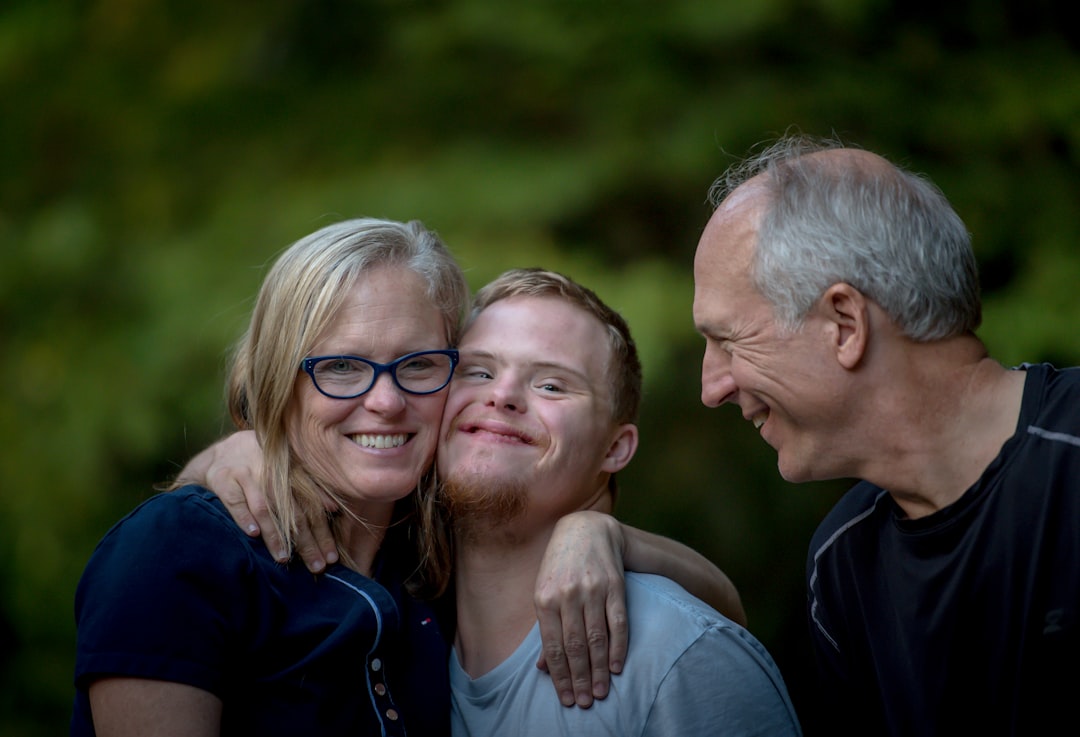What is it about?
To assess the risk of Hepatotoxicity in breast cancer patients receiving Inj. Doxorubicin.
Featured Image
Why is it important?
This investigation was a prospective study that was conducted in cancer patients receiving Inj. Doxorubicin doses of 50 mg/m2, and 75 mg/m2 at a South Indian tertiary care hospital. Sample collection was carried out from pre‑chemotherapy to 4th cycle. Serum glutamic oxaloacetic transaminase (SGOT), serum glutamic pyruvic transaminase (SGPT), direct bilirubin and total bilirubin were assessed to determine hepatotoxicity. Data were analyzed using unpaired t‑test, Pearson correlation using Graph‑Pad Prism version 5.00 for Windows, Graph‑Pad Software, San Diego, California, USA.
Perspectives
There exist a strong correlation between the use of Inj. Doxorubicin and risk for developing hepatotoxicity. The health‑care professionals dealing with breast cancer patients need to have awareness for hepatotoxicity with the use of Inj. Doxorubicin therapy.
Mr DAMODAR GADDAM
Read the Original
This page is a summary of: An evaluation of hepatotoxicity in breast cancer patients receiving injection doxorubicin, Annals of Medical and Health Sciences Research, January 2014, Medknow,
DOI: 10.4103/2141-9248.126619.
You can read the full text:
Contributors
The following have contributed to this page










